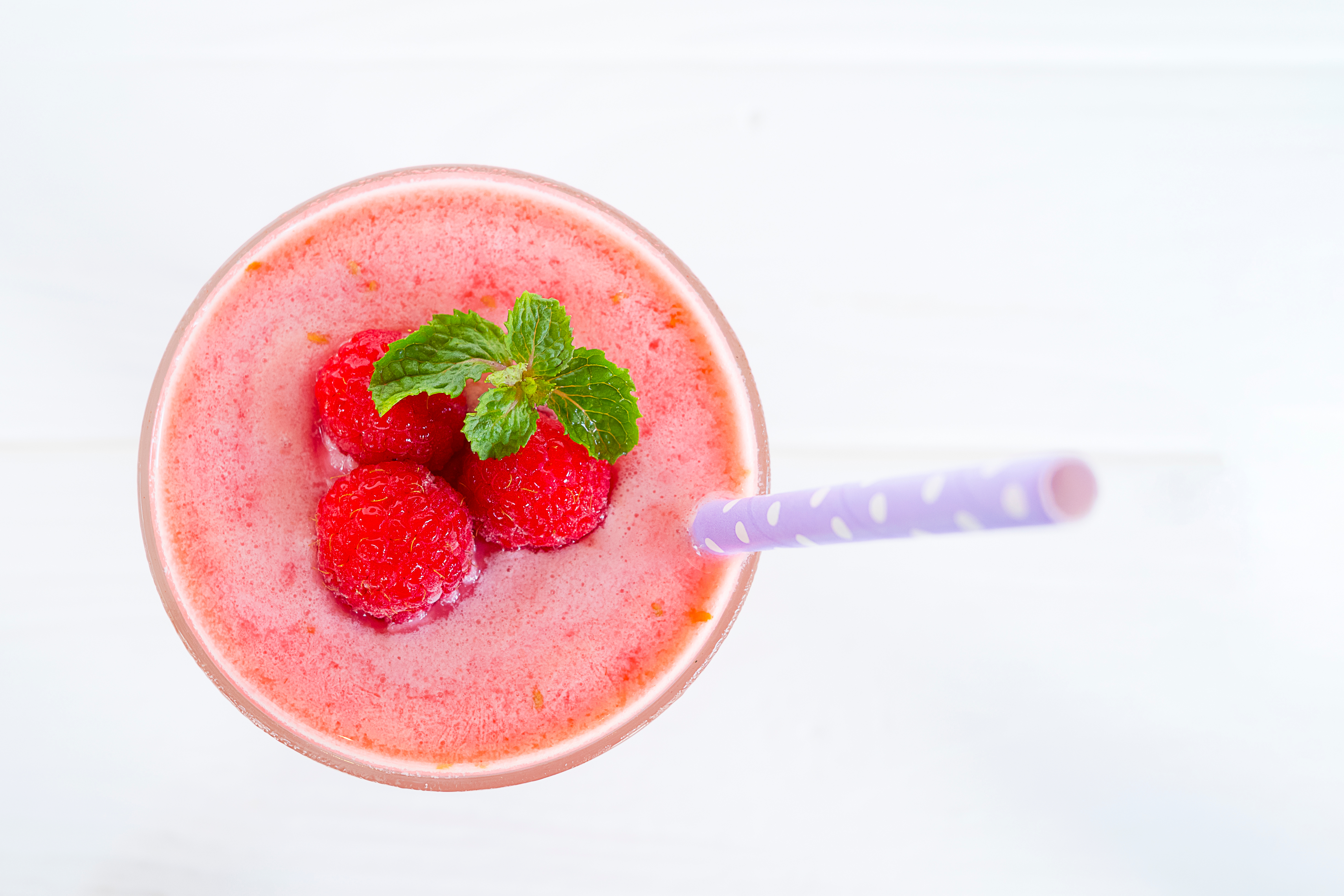by Colleen M. Story
For individuals trying to lose weight, or looking for a nutritious meal on the go, meal replacement shakes have long seemed the perfect solution. They’re easy and convenient and supply about 200-400 calories along with other nutrients meant to replace those normally consumed in a meal.
But whether these drinks are healthy, particularly on a long-term basis, is unclear. Before making the decision to use them regularly, it’s best to be well informed about what they can and cannot offer.
Three Healthy Characteristics of Meal Replacement Shakes
Like most things, meal replacement shakes can be beneficial under certain circumstances, but not in others. First, even though they are fortified with nutrients, they’re not real food. They have some vitamins and minerals, but not all of the nutrients real food has, like enzymes, antioxidants, and phytochemicals that work synergistically with each other.
Scientists are working on a way to condense everything in food into a pill or drink, but so far have not succeeded. Meanwhile, real wholesome food has proven benefits for the body and mind, which can’t be replaced with anything else.
There are, however, three ways that meal replacements may provide health benefits.
1. They’re Better Than Fast Food
For a quick, on-the-go meal, a meal replacement shake or drink is a much better option than fast food or vending-machine food. The shakes have fewer calories, more nutrients, and less saturated fat than most fast food restaurant menu items. They’re also more nutritious than many packaged and processed foods that are marketed for convenience.
2. They Can Help with Weight Loss
Replacing one meal a day with a meal replacement shake can help with weight loss. In a 2012 study, researchers found that the shakes helped participants lose weight by curbing hunger and reducing calories consumed each day. Earlier studies showed similar results, with meal replacements being part of a successful weight-loss diet.
3. They May Provide Important Nutrients
For those who don’t use a daily multi-vitamin, a meal replacement shake may provide some missing nutrients, particularly for those who are cutting back on calories. Limits on food intake sometimes correlate with limits on nutrient intake, and a meal replacement shake can help fill in some of the gaps. Many quality shakes are good sources of protein, fiber, vitamins, and minerals.
Three Unhealthy Characteristics of Meal Replacement Shakes
Though meal replacement shakes can be handy and beneficial in some cases, they’re not so beneficial in others.
1. They Aren’t a Permanent Solution
Meal replacement shakes can be misleading. Consumers use them for a while and lose weight, but once they stop using them, they often regain the weight they lost. In the end, the shakes are not a long-term solution. The body needs the nutrients that come from real foods, so staying with meal replacement shakes for a long period of time (over six months) is not a healthy option.
The best approach is to use the shakes for a short period of time, and be prepared with diet modifications to avoid regaining the weight.
2. They May Contain Too Much Sugar and/or Artificial Sweeteners
Some meal replacement shakes contain too much sugar or artificial sweeteners, both of which aren’t healthy in high quantities. The American Heart Association recommends only 9 teaspoons or 150 calories a day of sugar for men, and only 6 teaspoons or 100 calories per day for women, but some meal replacements contain up to 20 grams of sugar, which is about four teaspoons.
Artificial sweeteners aren’t much better. Studies have linked them with an increased risk of weight gain, type 2 diabetes, and increased sugar cravings. Always check the label on a meal replacement shake, and choose the ones that contain less sugar (and no artificial sweeteners).
3. Some Have Other Unhealthy Ingredients
In addition to sugars, some meal replacement shakes have other unhealthy ingredients like hydrogenated vegetable oils, synthetic food dyes, chemical preservatives, and artificial flavorings. Fiber and protein may also be lacking.
Look for healthier options that are high in protein and fiber, low in sugar and oils, free of high-fructose corn syrup, and made with whole food ingredients like nuts, seeds, vegetables, and herbs.
Meal replacement shakes can be helpful in a pinch, but in general, it’s best to eat a healthy diet rich in whole foods, lean meats, whole grains, vegetables, and fruits.








Leave A Comment